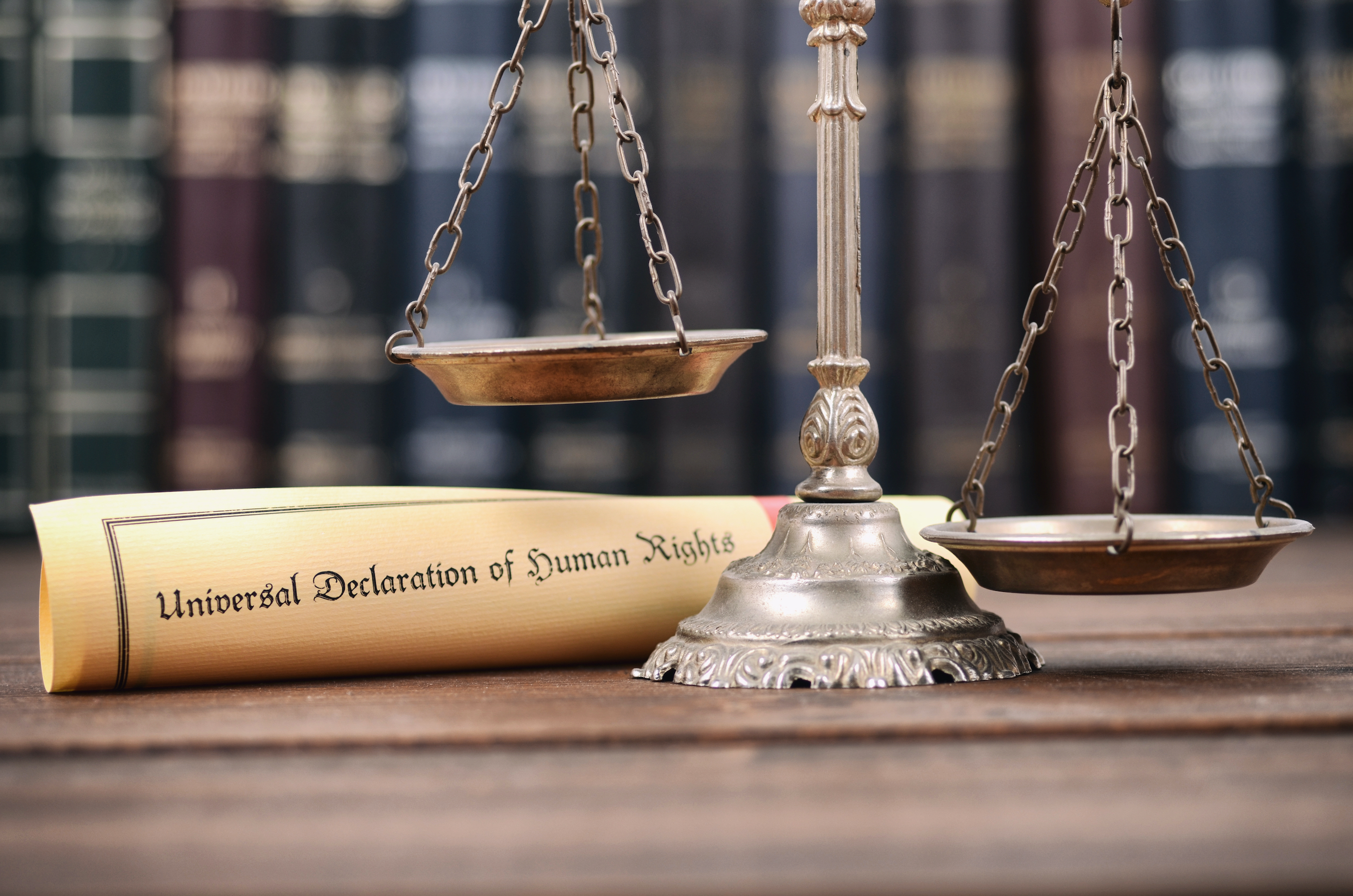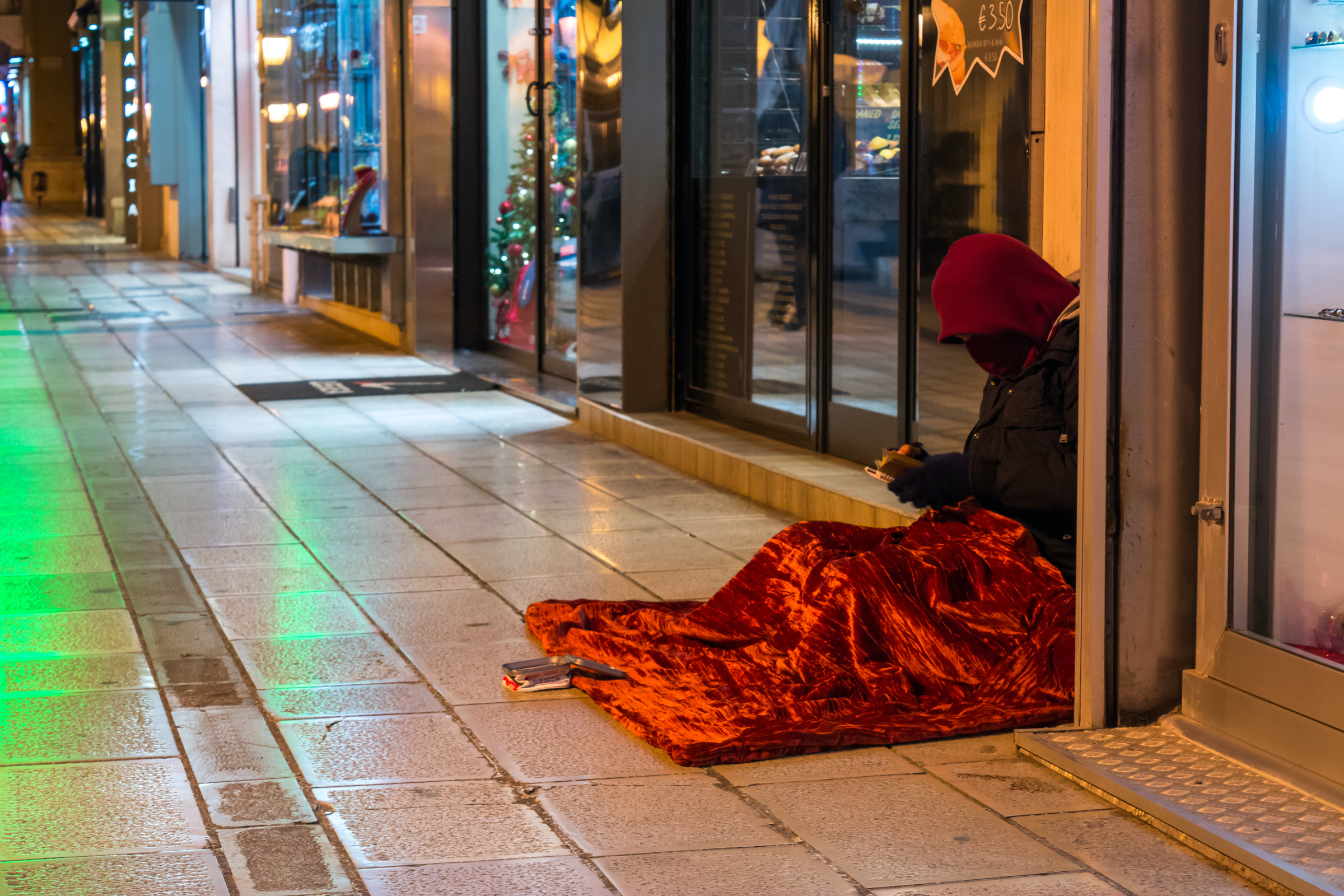When we think about the relationship between liberalism and socialism, we have to be careful not to associate different ideals to these different conceptions. Traditionally, it’s often been thought that liberalism is about the defence of freedom; socialism is about the defence of equality; and producing or trying to encourage the distribution of one reduces the other – that there is some kind of tension between freedom and equality. The way I approach the question is by thinking about the common core that these conceptions have when they interrogate the social order in which we live. They are both animated by a moral question; that is, the question around what kind of political order we want to live under. In fact, both the origins of liberalism and socialism are characterised by this moral question, which is that we are citizens, we are subjects, and we are part of political communities. We’re surrounded by injustices of different kinds, so how can we remedy this injustice, and what kind of political order do we want to live in, given that all of us, as human beings, are born free and equal? There is a concern with freedom that is at the core of both these conceptions, both liberalism and socialism. I tend to see socialism as an effort to respond to the failures of liberalism. In other words, for both liberals and socialists, the question is: what kind of moral or political order do we want to be a part of, and what is wrong with the order in which we live? What is wrong with the political institutions that we have?
Liberalism and socialism: a common core
Professor in Political Theory
- Traditionally, it’s often been thought that liberalism is about the defence of freedom; socialism is about the defence of equality; and producing or trying to encourage the distribution of one reduces the other.
- For both liberals and socialists, the question is: what kind of moral or political order do we want to be a part of, and what is wrong with the order in which we live? What is wrong with the political institutions that we have?
- The standard socialist critique of liberalism emphasises that the ideal of freedom as the foundation of a social order in which we live is betrayed by liberals themselves.
- We need to pay attention to the difference between morality and politics, but it’s also important to be aware of what a just society would require, of moral ideals and of the political limitations to the realisation of moral ideals.
A common core

Photo by corgarashu
Singling out the importance of the individual
Historically, liberalism has offered an answer to these questions by singling out the importance of the individual and the recognition of rights and obligations of the individual without relying on given authorities that cannot be justified to these individuals. Whether it’s the authority of the king or of the Church, the idea is that every political order must be justified in philosophical terms to all participants of that political order in a way that makes sense to them, in a way that abstracts from the particularity of their circumstances and situates them as individuals who have these rights and obligations. Liberalism has given us that answer and the kinds of institutions that we are familiar with: the modern state, on the one hand, and civil society and the expansion of markets, on the other. They were both driven by this rhetoric of claims and of expansion of rights and entitlements and were also driven by this moral critique of the political order in which liberals or proto-liberals found themselves.
Liberal societies fail on their own terms
The standard socialist critique of liberalism emphasises that the ideal of freedom as the foundation of a social order in which we live is betrayed by liberals themselves. When we set in motion particular market processes or institutions whose drive is built on profit and accumulation of wealth for its own sake, we entrench particular dynamics of domination and disempowerment that produce a conflict in society between those who have access to property, or wealth and capital, and those who are relying only on their own labour to live and continue to be part of this political order. The socialist critique tries to remedy that inequality, that asymmetry, by saying that liberal societies fail on their own terms in promising us freedom and equality, but instead setting up the economic and political institutions that constrain that freedom. Rather than promoting it, they promote the domination of particular groups, both within liberal societies and – when we think about the relationship between liberal states with other parts of the world, and the historical colonisation of distant lands – of indigenous communities abroad. What’s really important to understand is that at the core of both of these conceptions- and this should animate the moral understanding of socialism- is a concern for freedom. The socialist critique is therefore just a way of radicalising the liberal response to how we create a society that not only reflects freedom in its institutions, but also enables all members of that society to be fully participating in these institutions.
Two sets of historical experiences
We know that liberalism- and capitalism, which is the economic model on which liberalism is built- continues to fail. It fails cyclically, i.e. it picks itself up and then fails again. The experiments in socialist societies have failed for reasons that had to do with accountability and the bureaucratisation of political institutions. So, what we have are two sets of ideals, two historical experiences – one which is a lot longer than the other. The history of failures of liberalism is much longer than the history of socialism and its failures. It would be wrong to say, do any of these models succeed or fail? They’re both ideals of society; they are both reflected in particular institutions, and these institutions show distinctive failures and distinctive achievements.

Photo by Daniele RUSSO
I am very interested in the ideals that animate these societies, because, if we’re thinking about moral critique, the first question we should have is, what kind of order do we want to live in? Do we want to live under a political order where the drive for profit motivates every political decision, market transaction and social interaction, or do we want to live in a society where we prioritise human needs, enfranchisement, looking after the most vulnerable and taking care of each other – a model built on solidarity and taking freedom more seriously than the liberal model does?
Is socialism feasible?
We know that both liberalism and socialism have had their failures, and we also know that we can learn from the failures of each of them in trying to think about future society. So, we shouldn’t be paralysed when thinking about socialism. We shouldn’t be paralysed by the question: "is socialism feasible?" – because that question can extend to any political institution we’re familiar with. We can ask, is liberalism feasible? If you think about that system from the point of view of those whom the system excludes, it’s obvious that the system is infeasible. It’s also obvious that it doesn’t work, in practice.
Socialist ideals have an internationalist outlook
What we should think about is: what should animate the moral scrutiny of these societies, and which set of ideals do we want to realise? How can we make sure that these ideals become part of the political processes that animate the citizens of these societies to fight against the existing order, given the injustices that they experience both domestically and globally? What’s really important about the socialist set of ideals is that it is an internationalist outlook. In other words, while liberalism is now a defensive model, tied with the political institution of particular states, it has become exclusionary because the political institutions of liberalism are associated with particular territories, particular ways of thinking, and distinct geographical areas in the world.
Socialism, on the other hand, gives us an internationalist outlook, which enables us to think about the failures of society more broadly, globally speaking, and to think about the failures of capitalism as irreducible to the failures of one particular group of institutions that is located in a particular territory.
Building consensus with political participation
We need to pay attention to the difference between morality and politics, but it’s also important to be aware of moral ideals. It’s important to be aware of what a just society would require, globally speaking, but it’s also important to be aware of the political limitations to the realisation of moral ideals- to realise that the world is not made just of agents who are morally motivated, but also of strong resistance on the part of ruling elites, of consolidated groups who have an interest in maintaining the order that we have. We have seen that in recent political processes. We see that everywhere still; even though there is a moral critique that shapes society, even though there is awareness of the failures of the liberal model, there is still great resistance to fundamentally changing things. When we think about the environment, when we think about how we need to shape the future in a way that takes into account not just the profit motive, but our mutual capacity, mutual interdependence and the survival of the human species, we can see how much resistance there is to even small changes. So, it’s important to realise that there’s no way to build consensus other than political participation, political activism and having an awareness that, to a large extent, politics is about conflict, and conflict requires mobilisation through the agents that can channel it in an adequate way, in the political sphere. They shouldn’t be motivated just by the concerns of their own particular state or political internal party system, but have a global outlook. When we think about how we change and build that consensus, it’s probably productive to think of it not as something that requires us to just convince everyone around us, but as citizenship and activism in terms of participating in the initiatives that sometimes take a conflictual character, and sometimes take a consensual character: participation in unions, strikes, social struggle, protests, and so on.
The example of China

Photo by atiger
I tend to think of China as a socialist state because it’s constitutionally and legally a socialist state, and because of the way its institutions are arranged and political processes are set in motion. However, in many ways it’s a failed socialist state, like many of the liberal states that we live in are failed liberal states. So, the question there is, what can we learn from these experiences? How can we think about the historical development of these societies, including China, including the United States, as learning processes, as processes we can analyse in coming up with an alternative that enables us to remedy the deficiencies of the societies that we live in? One can learn from China as much as China can learn from liberal societies. So one needs to keep an open mind and think about the development of institutions that one aspires to realise, yet one that is built of the imperfections and deficiencies of the world we live in – one that tries to develop strength from the vulnerabilities and limits of the societies as we know them.
Discover more about
building political and social consensus
Ypi, L. (2017). Global Justice and Avant-Garde Political Agency, 2nd Edition. Oxford University Press.
Ypi, L. (2021). Free. Allen Lane/Penguin Books.